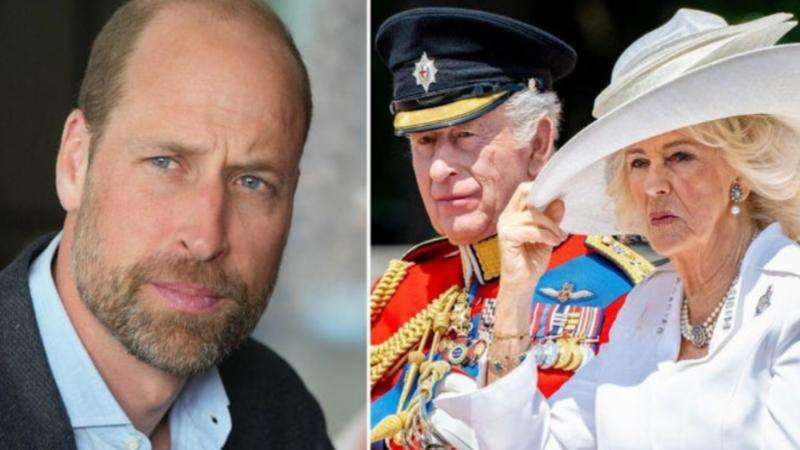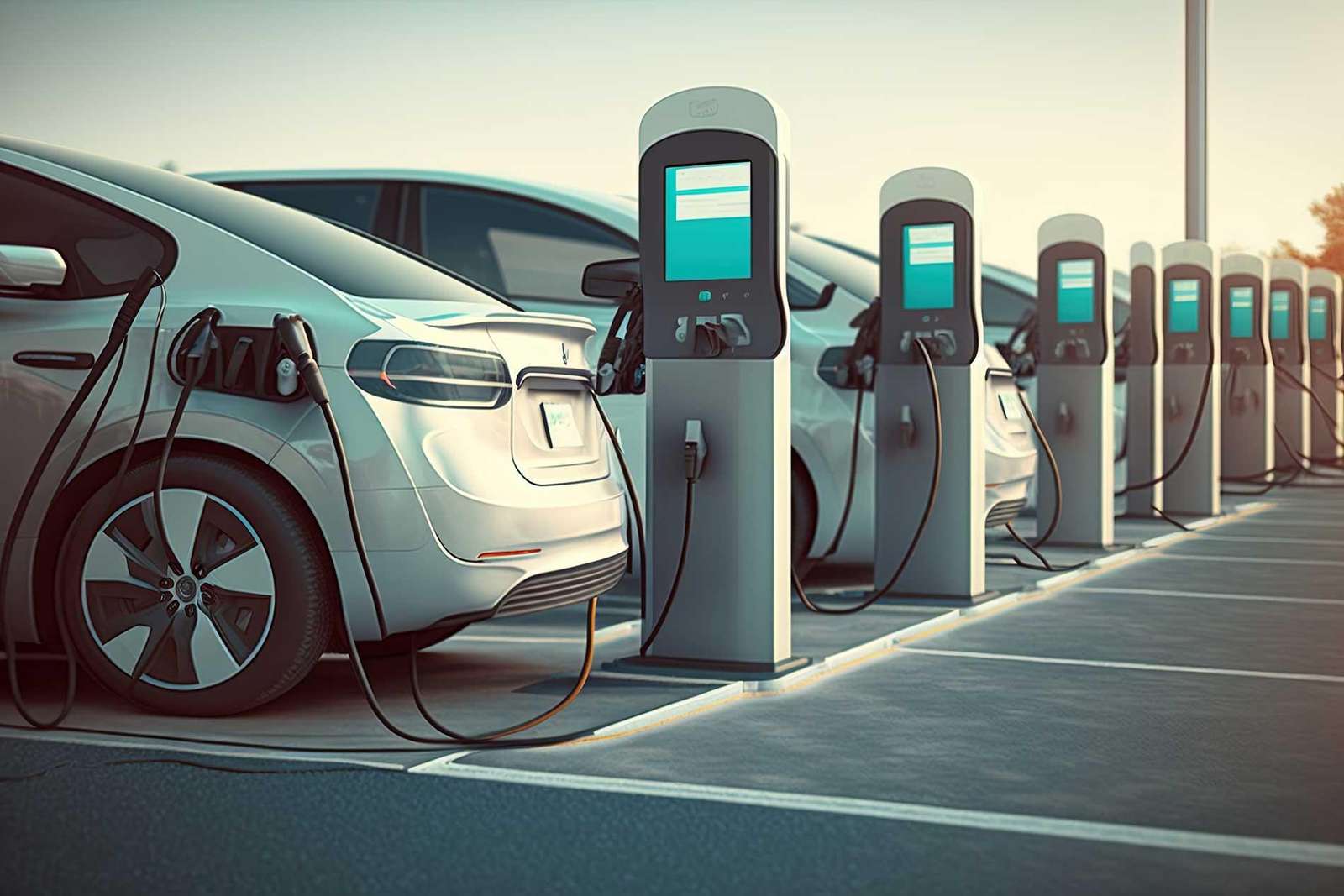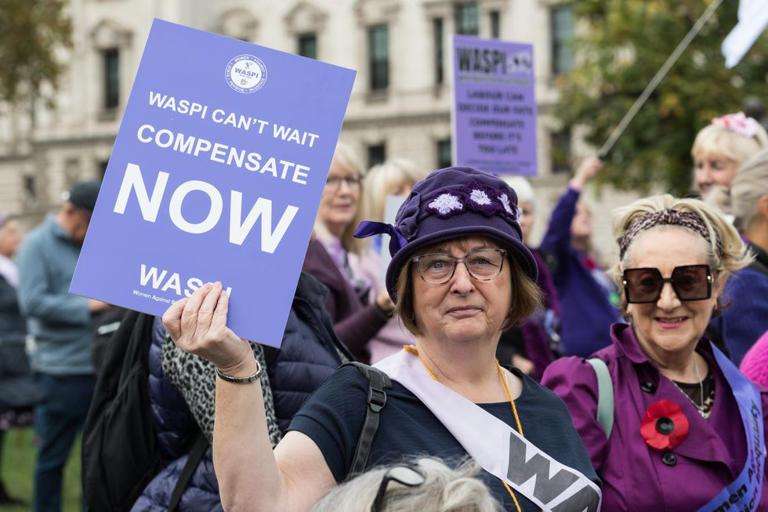The Zero Emission Vehicle (ZEV) mandate's future is under review as the Government opens a consultation to assess Labour's plans to phase out petrol and diesel vehicles by 2030.
The consultation aims to provide clarity for car manufacturers and the charging sector, ensuring confidence for long-term investments in the UK while addressing concerns about potential impacts of changes to the ZEV mandate.
It focuses on how the UK will achieve its goal to ban new petrol and diesel vehicle sales, evaluating current flexibilities and hybrid vehicle sales permitted between 2030 and 2035. The consultation also explores potential additional support measures.
The current Zero Emission Vehicle (ZEV) mandate outlines that major manufacturers around the UK need to have 22 per cent of car sales and 10 per cent of van sales come from electric vehicles by the end of the year.
These targets will continue to increase each year until the end of the decade. Next year, rates for cars will rise to 28 per cent followed by 33 per cent in 2026, 52 per cent in 2028, 66 per cent in 2029 and 80 per cent in 2030.
Manufacturers who fail to achieve these targets could be slapped with fines worth £15,000 per polluting vehicle over the target. They can also buy credits from brands that have exceeded the target.
The consultation seeks to hear opinions on what options are available to end the sale of new cars with internal combustion engines from 2030, and the potential requirements for new non-zero emission vans to be sold from 2030 to 2035.
The second part of the consultation will focus on the ZEV mandate will seek views on the existing flexibilities within the ZEV mandate, and consideration of further flexibilities, as well as any other technical updates to the ZEV mandate to ensure its efficiency.
The proposed changes come after intense scrutiny from major manufacturers who warn that the enforced push to electric vehicles could have a massive impact on the future of UK production.
Transport Secretary Heidi Alexander said: "Employing 152,000 people and adding £19billion to our economy, the UK’s automotive industry is a huge asset to our nation — and the transition to electric is an unprecedented opportunity to attract investment, harness British innovation, and deliver growth for generations to come.
"Yet over the last few years, our automotive industry has been stifled by a lack of certainty and direction. This Government will change that.
"Drivers are already embracing EVs faster than ever, with one in four new cars sold in November electric. Today’s measures will help us capitalise on the clean energy transition to support thousands of jobs, make the UK a clean energy superpower, and rebuild Britain."
The UK Government has not yet clarified whether it will stick to the original goal of banning all petrol and diesel cars and vans by the end of the decade.
There have been considerations that new hybrid vehicle sales could be allowed after 2030 until 2035, although this has not been confirmed.
Speaking previously to GB News, a Government spokesperson said: "We're committed to delivering greener transport by supporting the transition to electric vehicles.








.svg)



